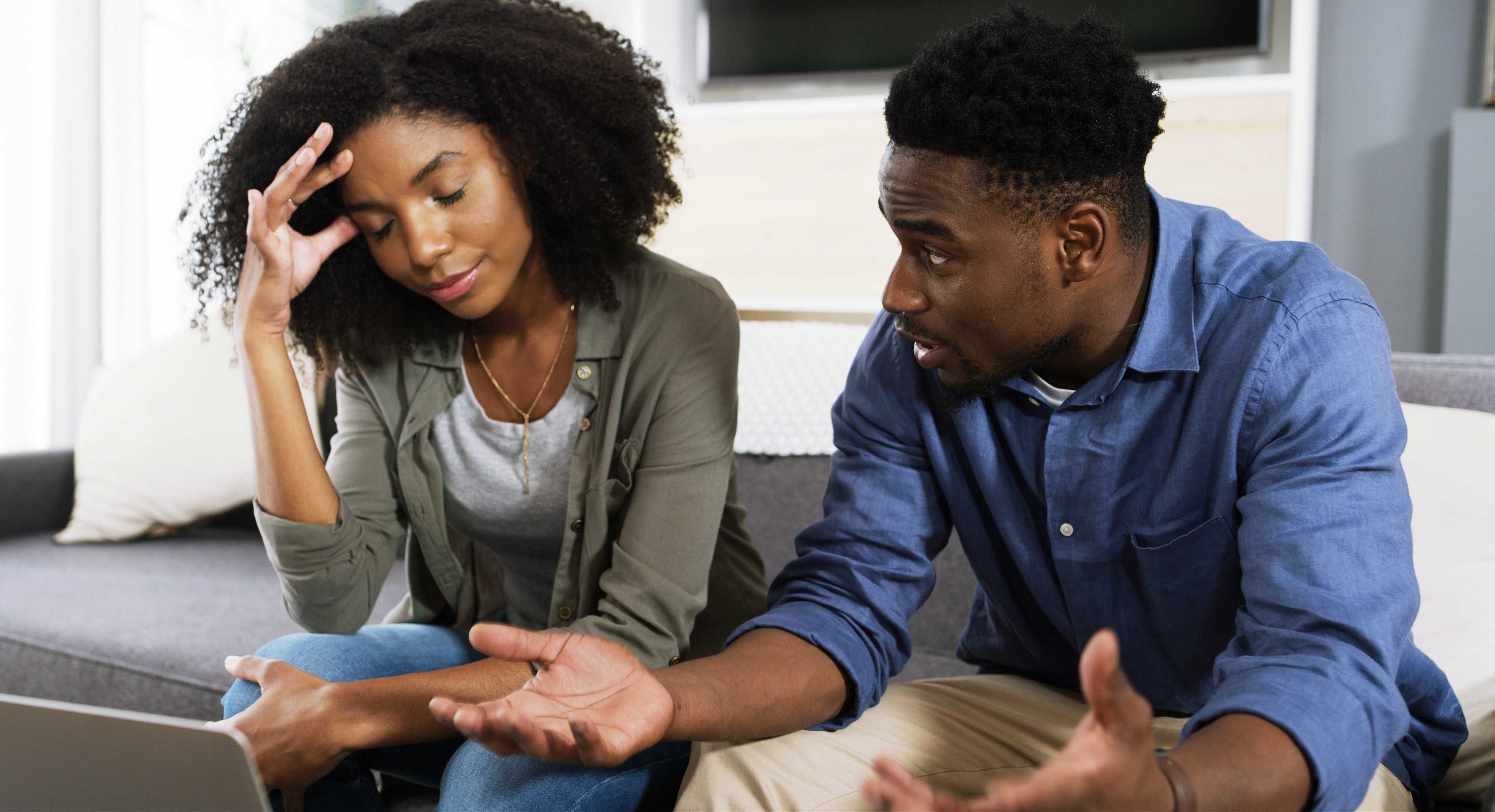Love & Relationships
Over 40 million Americans have an anxiety disorder. However, what if I told you that everyone on the planet experiences situational anxiety - feelings of anxiousness when exposed to certain situations - and this isn't a diagnosis but rather a part of everyday life?
Given the prevalence of anxiety, it's quite possible that symptoms of anxiety will arise not just during the dating phase but even in the relationship phase, and it’s nothing to be ashamed of because it’s simply an effect of being human. Although it's normal to feel anxious, it's important to remember that leaving anxiety untreated can have detrimental side effects that impact our daily lives.
Relationship Anxiety: Signs And How To Overcome It
Anxiety is a common issue many people face, which can significantly impact romantic relationships. Here are several ways that anxiety can show up in romantic relationships and what you can do about them:
Relationship Anxiety Signs #1: Overthinking
The anxious brain can feel difficult to manage. People with anxiety tend to overthink situations, causing them to become anxious and worried about things that may not be a big deal. This can lead to arguments and misunderstandings in a relationship, as the anxious partner may worry about things that the other partner does not find concerning. Challenging irrational thoughts and having conversations about those that feel rational is important. Often, the quick fix to feeling anxious in a relationship is communication.
Relationship Anxiety Signs #2: Need for Reassurance
Individuals with anxiety may need constant reassurance from their partner, which can be draining for the other partner. It is important for the anxious partner to work on building their own self-confidence and trust in their partner.
Relationship Anxiety Signs #3: Fear of Abandonment
Anxious attachment, much? People with anxiety may have a fear of abandonment, causing them to become clingy or too dependent on their partner. This can be difficult for the other partner, who may feel smothered or unable to have their own space. It is important for the anxious partner to learn how to manage their fear of abandonment and trust in their partner's commitment to the relationship.
Going to therapy is often the first step to healing your abandonment wound because it’s much deeper than your partner’s actions, and if you don’t get to the root of the problem, you will continue to watch the problem grow.
Relationship Anxiety Signs #4: Avoidance
Individuals with anxiety may avoid situations or conversations that make them feel anxious or uncomfortable, leading to a lack of communication and intimacy in the relationship. If you want to build a safe and secure relationship, you have to be an active participant in your relationship. Do things like couple experiences or card games to enhance emotional intimacy and build a safe relationship you don’t want to run away from.
Relationship Anxiety Signs #5: Control
Anxiety can lead to a need for control, manifesting in a relationship as controlling behavior. This behavior can come from jealousy and other issues, and it can become destructive and damaging to both partners. It is important for the anxious partner to manage their anxiety and develop healthier coping mechanisms. Remember, being in a relationship does not mean you own your partner. Control is a personal issue that your partner cannot fix for you.
Trying to rob them of their autonomy will cause friction and lead to relationship dissatisfaction based on your inability to be a secure partner. Get the help you need by working through your fear of letting go and discerning where your controlling behavior stems from.
Relationship Anxiety Signs #6: Perfectionism
People with anxiety may have a tendency towards perfectionism, leading to unrealistic expectations and pressure in the relationship. It is important for the anxious partner to learn how to manage their anxiety and develop a more realistic and compassionate view of themselves and their partner.
Anxiety can have a significant impact on romantic relationships. It is important for both partners to work together to manage anxiety, develop healthy coping mechanisms, communicate effectively, and trust each other. However, it is also important to do the inner work, as anxiety can be an internal issue that your partner cannot fix for you.
If you want to build a healthy relationship, you must contribute to it by engaging in healthy behaviors.
Let’s make things inbox official! Sign up for the xoNecole newsletter for love, wellness, career, and exclusive content delivered straight to your inbox.
Featured image by Shutterstock
Originally published on July 14, 2023
From Your Site Articles
- 7 Tips For Anxious Attachment Styles That'll Help You Love More Securely ›
- What Your Attachment Style Says About Your Love Life ›
- What Exactly Is 'Relational Anxious Attachment Style'? ›
- True Life: Dating The Wrong Men Triggered My Anxiety & Depression ›
Related Articles Around the Web
ALSO ON XONECOLE
